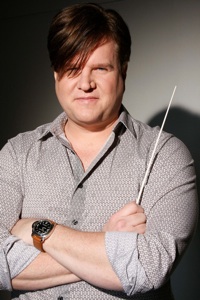Aviso. Debido a la brevedad del trabajo, el album incluye con Moving Images, una obra de concierto del compositor.

 ¡Bienvenido a mundodvd! Regístrate ahora y accede a todos los contenidos de la web. El registro es totalmente gratuito y obtendrás muchas ventajas.
¡Bienvenido a mundodvd! Regístrate ahora y accede a todos los contenidos de la web. El registro es totalmente gratuito y obtendrás muchas ventajas.


 LinkBack URL
LinkBack URL About LinkBacks
About LinkBacks

 Citar
Citar


 .
.

 , entre unas cosas y otras no he podido conectarme... Ando fuera de casa y con una precaria conexión con la que me ha costado Dios y ayuda subir tema, así que mañana espero poder escuchar en condiciones esa revelación que ha conmocionado a B/D, debe de ser una cosa...
, entre unas cosas y otras no he podido conectarme... Ando fuera de casa y con una precaria conexión con la que me ha costado Dios y ayuda subir tema, así que mañana espero poder escuchar en condiciones esa revelación que ha conmocionado a B/D, debe de ser una cosa... 






 Si no me equivoco fue editada por el sello sueco Movie Score Media, un sello este que se ha dedicado a promocionar principalmente jóvenes talentos. Si pudiera permitirme más, investigaría a fondo su catálogo (que conste que en un muy buen año suelo adquirir una treintena larga de títulos).
Si no me equivoco fue editada por el sello sueco Movie Score Media, un sello este que se ha dedicado a promocionar principalmente jóvenes talentos. Si pudiera permitirme más, investigaría a fondo su catálogo (que conste que en un muy buen año suelo adquirir una treintena larga de títulos).
 Pero eso ya será mañana
Pero eso ya será mañana
